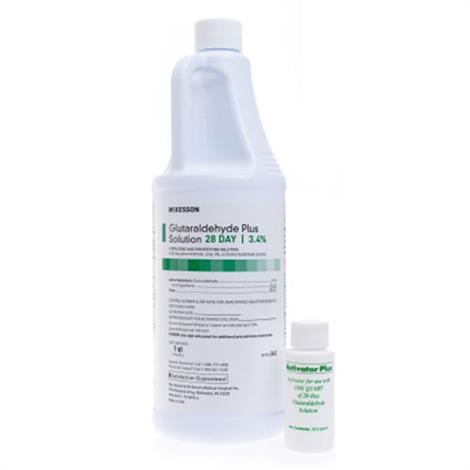Strep throat is a common bacterial infection that can cause a sore throat, fever, and swollen lymph nodes. It is caused by group A Streptococcus bacteria and is usually treated with antibiotics. However, a recent surge in cases of strep throat has coincided with an antibiotic shortage, leading to concerns about how to manage this infectious disease.
The shortage of antibiotics is due to a number of factors, including increased demand for these drugs, supply chain disruptions, and the ongoing COVID-19 pandemic. This shortage has made it difficult for healthcare providers to prescribe antibiotics to patients with strep throat, as well as other bacterial infections.
Strep throat is highly contagious and can be spread through close contact with an infected person. It is most common in children between the ages of 5 and 15, but can affect people of any age. Symptoms usually appear within 2-5 days after exposure to the bacteria.
The most common symptoms of strep throat include:
Sore throat
Fever
Swollen lymph nodes
Red and swollen tonsils
Difficulty swallowing
If you suspect that you or someone you know has strep throat, it is important to see a healthcare provider as soon as possible. Your healthcare provider may perform a rapid strep test to confirm the diagnosis and determine the best course of treatment.
If antibiotics are needed, your healthcare provider will prescribe the appropriate medication based on the results of the strep test. However, due to the shortage of antibiotics, your healthcare provider may recommend alternative treatments, such as pain relievers and fever reducers.
Preventing the spread of strep throat is crucial in controlling the outbreak. Here are some steps you can take to reduce your risk of getting strep throat:
Wash your hands regularly with soap and water
Cover your mouth and nose when coughing or sneezing
Avoid sharing utensils, cups, and other personal items
Avoid close contact with people who are sick
Stay home if you are feeling ill
In conclusion, the surge in cases of strep throat alongside the antibiotic shortage is a cause for concern. However, there are still steps you can take to prevent the spread of this infection and manage its symptoms. If you suspect that you or someone you know has strep throat, seek medical attention promptly and follow your healthcare provider's instructions for treatment.

